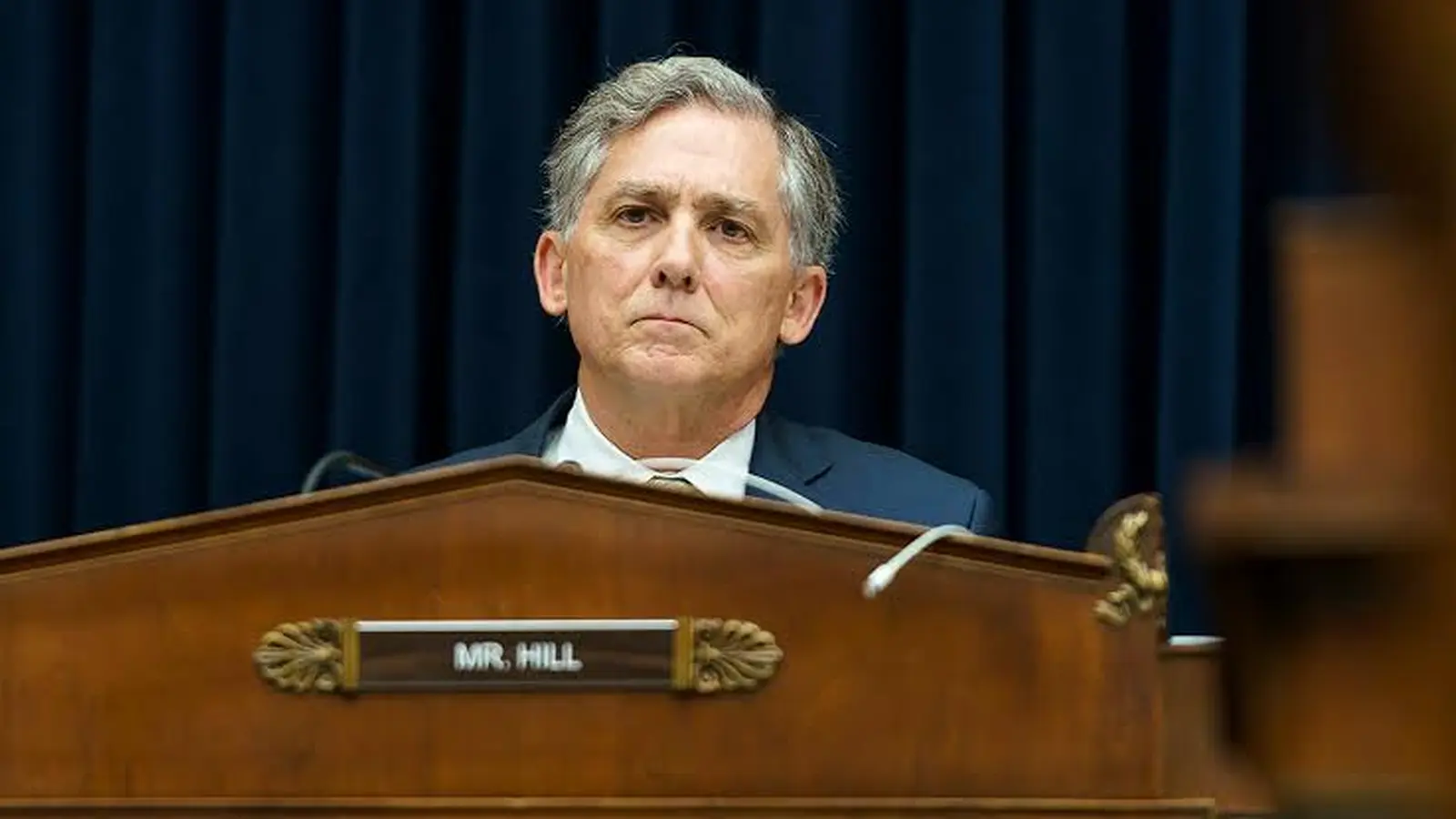4 Minutes
Senators and House Republicans Move to Fine-Tune Stablecoin Rules
Key lawmakers from both chambers say edits to the freshly enacted GENIUS Act on stablecoins could be folded into the Senate’s pending market structure bill. Representative French Hill — a prominent House voice on crypto policy — and Senator Cynthia Lummis, who leads crypto work in the Senate Banking Committee, indicated this week that adjustments targeting stablecoin oversight and investor protections remain on the table as lawmakers finalize a bipartisan market structure package.
Why the GENIUS Act is being revisited
The Guiding and Establishing National Innovation for U.S. Stablecoins (GENIUS) Act became law only recently and set the baseline for federal regulation of U.S. stablecoin issuers. But the House-passed Digital Asset Market Clarity Act included Section 512 — a series of proposed clarifications and new guardrails — that many House sponsors say strengthen consumer protections and tighten issuer accountability. With the Senate drafting its market structure bill, sponsors on both sides of the aisle are discussing whether to adopt some of those House changes into the Senate text.
Key proposed tweaks to stablecoin rules
Lawmakers have highlighted several concrete changes they want to see considered for GENIUS, including:
- Expanding CEO and CFO accountability by requiring them to certify accurate financial disclosures and strengthening the role of independent accounting reviews as a backstop to issuers’ internal controls.
- Clarifying that non-financial corporations should be restricted from entering the stablecoin business, limiting commercial firms from leveraging customer deposits into payments or token issuance.
- Guaranteeing individual custody rights, explicitly allowing U.S. investors to maintain hardware or software wallets for lawful self-custody and to conduct peer-to-peer crypto transactions.

What lawmakers are saying
At CoinDesk’s Policy and Regulation event in Washington, Hill said House negotiators believed their edits would make GENIUS "stronger and better" and noted those suggestions were included in the House market structure bill. On the sidelines, Senator Lummis emphasized she intends to "be very respectful of the House's amendments" and anticipates some language in the Senate bill will modify the new stablecoin law accordingly.
Hill reiterated his preference for the House’s approach but stressed collaboration between the chambers: both Republican and Democratic staff teams in the Senate are working to reconcile differences and produce a unified bill.
Timeline and outlook for crypto market structure
The Senate Banking Committee’s Republicans have circulated draft language, and Lummis has repeatedly discussed an end-of-year goal to complete the market structure legislation. While House passage of the Clarity Act was decisive — a 308-122 bipartisan vote — some senators remain cautious about committing to a firm schedule. Still, crypto policy advisers across the administration and the Treasury are preparing for a possible final push to codify market structure reforms, stablecoin oversight, and clearer rules for digital assets by year’s end.
For crypto investors, stablecoin issuers, and industry stakeholders, these negotiations matter: the final market structure bill could refine issuer oversight, strengthen financial reporting, safeguard individual custody rights, and shape the regulatory environment for stablecoins and broader digital asset markets in the United States.
Source: coindesk


Leave a Comment